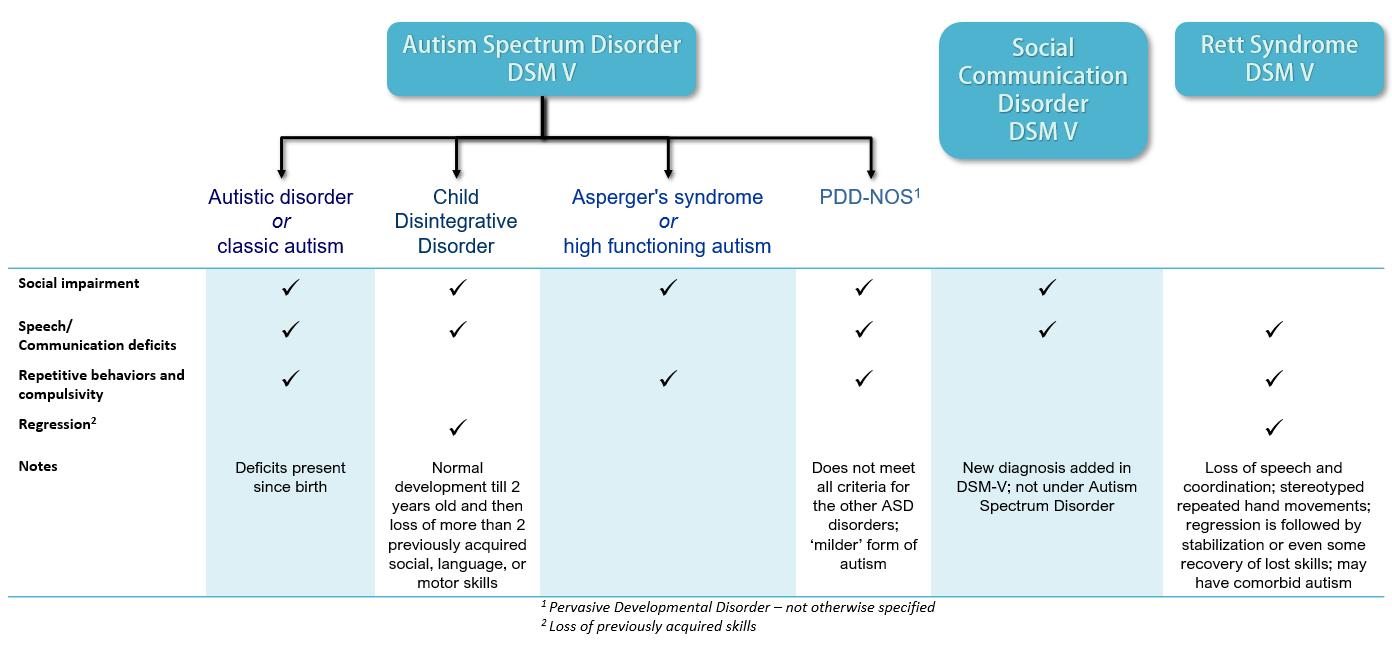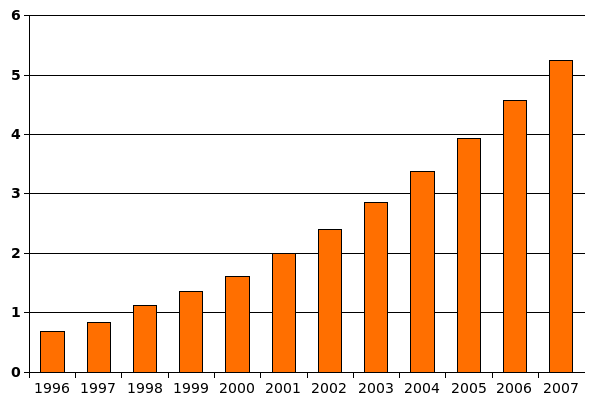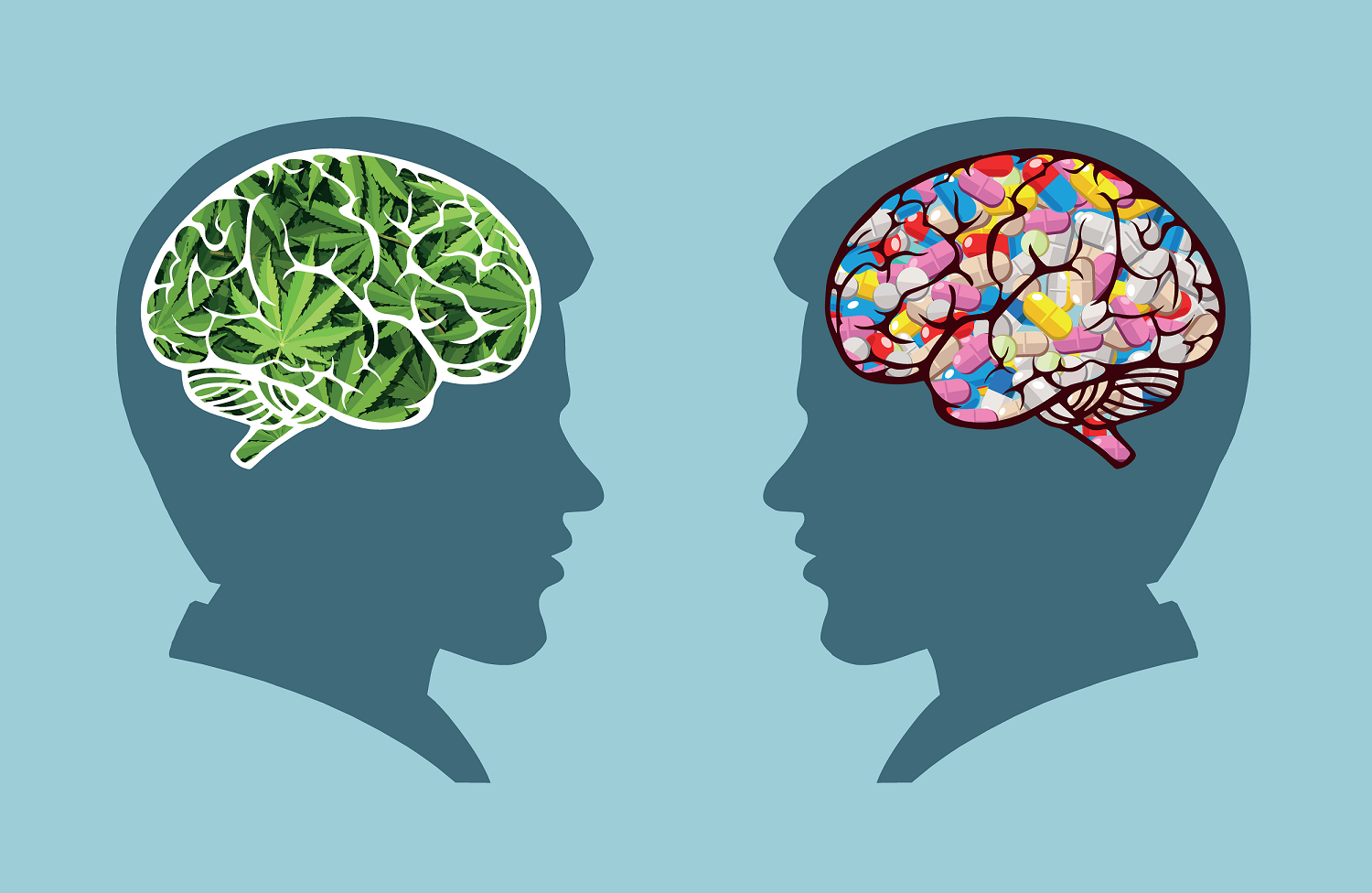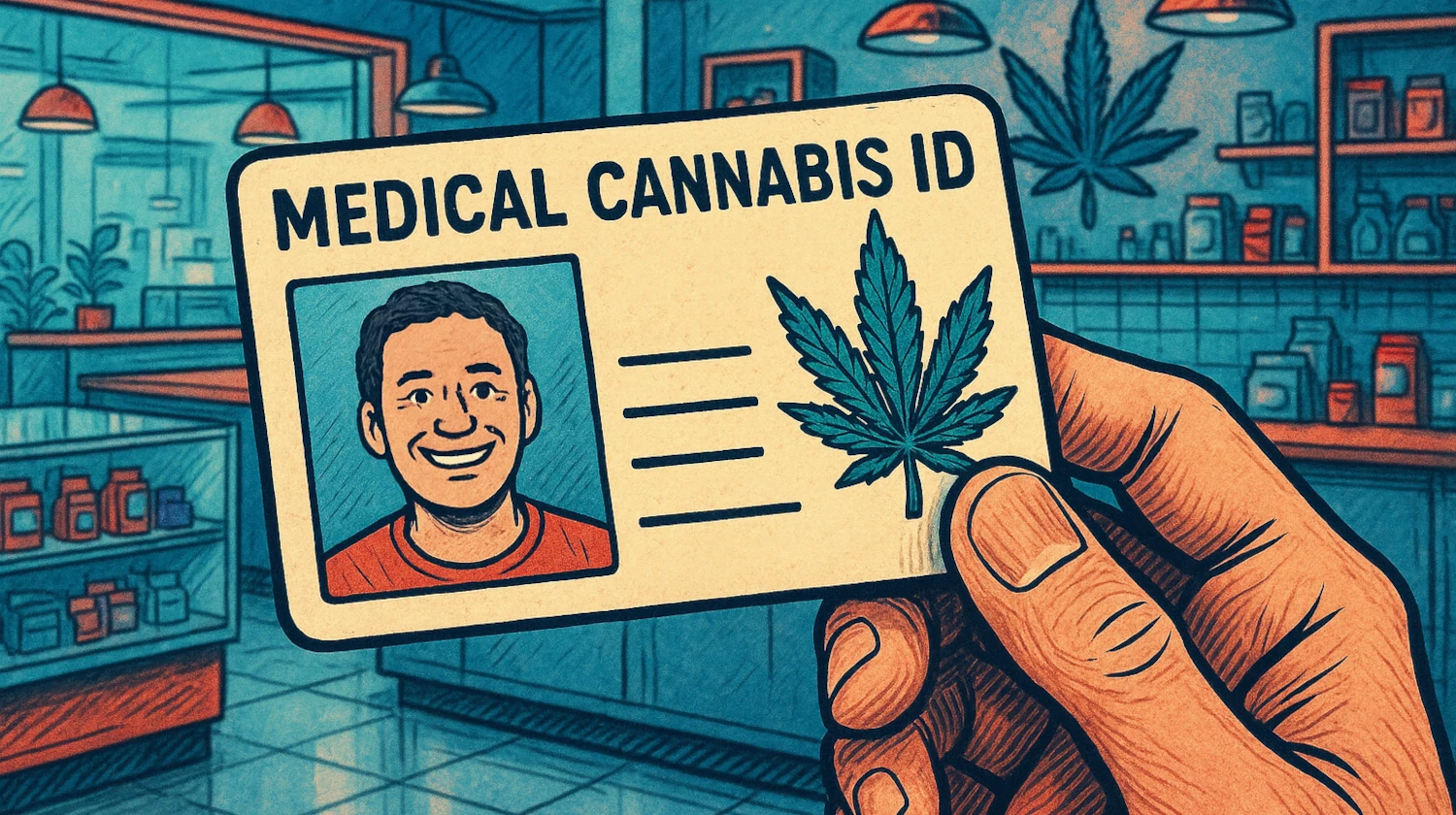Autism, or autism spectrum disorder (ASD), is a condition that has gained in exposure over the years as the rates of occurrence have risen since the 1970s. In recent years people have been interested in how they can use medical marijuana for autism.
Today, ASD continues to affect people in various ways, leaving individuals to lead lives that can be independent or extremely monitored, depending on their circumstances. Various interventions have begun to emerge, with many seeing conditions ease to some degree. Cannabis is part of that solution for some.
Let’s better explore the potential relationship between medical cannabis and ASD.
What is Autism?
Autism Spectrum Disorder consists of a wide range of conditions that present with more limited social skills and repetitive non-verbal communications, speech and behavior.
Autism is a condition that affects 1 in 54 children in the U.S. today. The medical condition impacts the development of a person's brain, namely their perception and socialization. The impact of autism can vary, leaving some barely able to interact with others.

The categorization of each person’s ASD strengths, challenges, and needs will vary. In some cases, individuals will need lifelong assistance to some degree. In other cases, an autistic person will be able to live life on their own with little to no support required. In some cases, a person may exhibit lower intelligence due to ASD. However, intelligence in Autism Spectrum Disorders for many individuals is equal to or better than current averages.
What Causes Autism?
There is no singular cause for autism. Instead, current research suggests that ASD development stems from a series of genetic and environmental factors. Many in the community believe that genetics can play a factor, passing through a family line. Meanwhile, other factors suggested include the advanced age of either parent, complications from pregnancy or birth, as well as pregnancies with less than one year of space in between.

By Eubulides - Own work, CC BY-SA 3.0
Most cases of autism will start to appear between ages one and three, depending on the source. However, doctors do stress that parents keep in mind the babies develop at different paces. Therefore, an exact timeline for the development of autism cannot be made at this time.
How Is Autism Treated?
There is no specific cure for autism. Autism is a neurotype and is not cured with any kind of treatment. It is believed that early identification can make a significant difference for the child. Calling these efforts "interventions," the U.S. Center for Disease Control (CDC) notes that early action can improve cognitive abilities as well as their capabilities for functioning in the everyday world.
Intervention plans must meet the unique needs of the individual. As such, several multidisciplinary approaches are often employed. Some will require behavioral therapy, while others will likely benefit from occupational and speech therapy to improve their skills.
When developing a person's intervention plan, a medical professional will likely include the patient's age, strengths, challenges, and needs as key considerations.

Which States Allow Cannabis Treatment For Autism?
Autism is a condition that several states and territories now include on their list of qualifying conditions on either their THC or CBD medical cannabis programs. At the time of this writing, those currently covering ASD on their statewide list of qualifying conditions include:
- Colorado
- Delaware
- Georgia
- Illinois
- Iowa
- Louisiana
- Michigan
- Minnesota
- Missouri
- New Mexico
- Pennsylvania
- Puerto Rico
- Rhode Island
- Texas
- Utah
Autism may also serve as a qualifying condition in states where no clear delineation is made over approved conditions. In these cases, physicians may recommend cannabis if they believe it will improve the quality of a patient’s life. In other cases, citizens may be allowed to petition the state for individual exceptions or petition for a condition’s inclusion on the list.
Be sure to follow the laws of the state to determine your treatment options.
Current Research About Medical Marijuana and Autism
The effects of CBD on autism patients has been a topic of particular interest as of late, prompting a special report by CNN's Dr. Sanjay Gupta. Several studies have been conducted in recent years to better understand the link between the two. A two-year study initiated in 2018 determined that lower doses of CBD show promise in managing behavioral problems associated with autism, and may be effective in managing core symptoms and cognitive functions. Another 2018 study found that "CBD and similar products remain a promising yet unproven intervention in the treatment of children with ASD."
In 2019, a study of 93 children with autism determined that patients tend to have lower blood levels of endocannabinoids. While the recent results represent a sliver of clarity on the relationship between CBD and autism, additional studies are required before any conclusive data can be reported.
Are There Risks Associated with Cannabis and Autism?
Studies concerning the effects of cannabis on ASD patients remain limited due to federal prohibition in the United States. Groups like the Autism Science Foundation note that limited research leads to a lack of definite conclusions concerning the short- and long-term risks associated.
In place of bonafide lab research is scores of anecdotes from autistic adults and parents of autistic children. While not able to successfully treat each case, cannabis is noted as a viable option for many of those suffering. These claims should not be taken as medical evidence.
However, the scores of self-reports from patients and families do play a significant role in advancing cannabis legislation and ASD’s inclusion in state’s qualifying conditions lists.
How Do I Find the Best Cannabis for Autism?
Like ASD, cannabis affects people differently, resulting in various treatments for each person. Remember that a treatment that works for one person may not be adequate for others.
You need to start off by speaking with a medical professional--especially if you're attempting to treat a child with autism. Patients or their caregivers in permitted states can discuss their medical needs with their physician and determine if marijuana is right for their needs. If that is the case, the doctor will work with the patient to determine what items might be best for them. Factors influencing the decision will likely range from the patient's medical needs to the laws of the state.
If you're 18 or over, you can speak to a NuggMD medical marijuana doctor completely online. There's no need to travel to the doctor's office or sit in a waiting room. NuggMD's platform allows patients to upload all of their medical records before they speak with their doctor face to face via video telemedicine. NuggMD has served more than 2,000,000 patients in 28 states.
Sources for Further Reading
- CDC: What is Autism Spectrum Disorder?
- Autism Society: What is Autism?
- National Institute of Mental Health: Causes and Risk Factors for Autism
- Mayo Clinic: Diagnosis and Treatment of Autism
- US Department of Health and Human Services: Further Resources and Information
The information in this article and any included images or charts are for educational purposes only. This information is neither a substitute for, nor does it replace, professional legal advice or medical advice, diagnosis, or treatment. If you have any concerns or questions about laws, regulations, or your health, you should always consult with an attorney, physician or other licensed professional.




